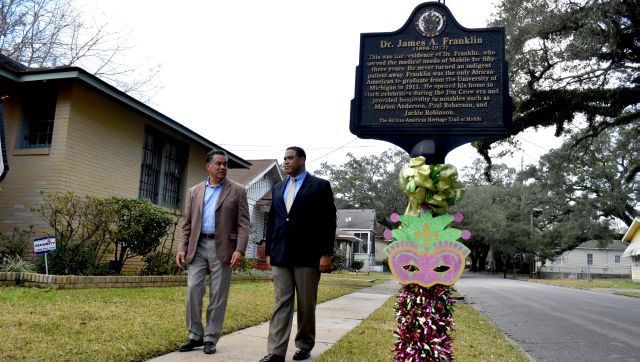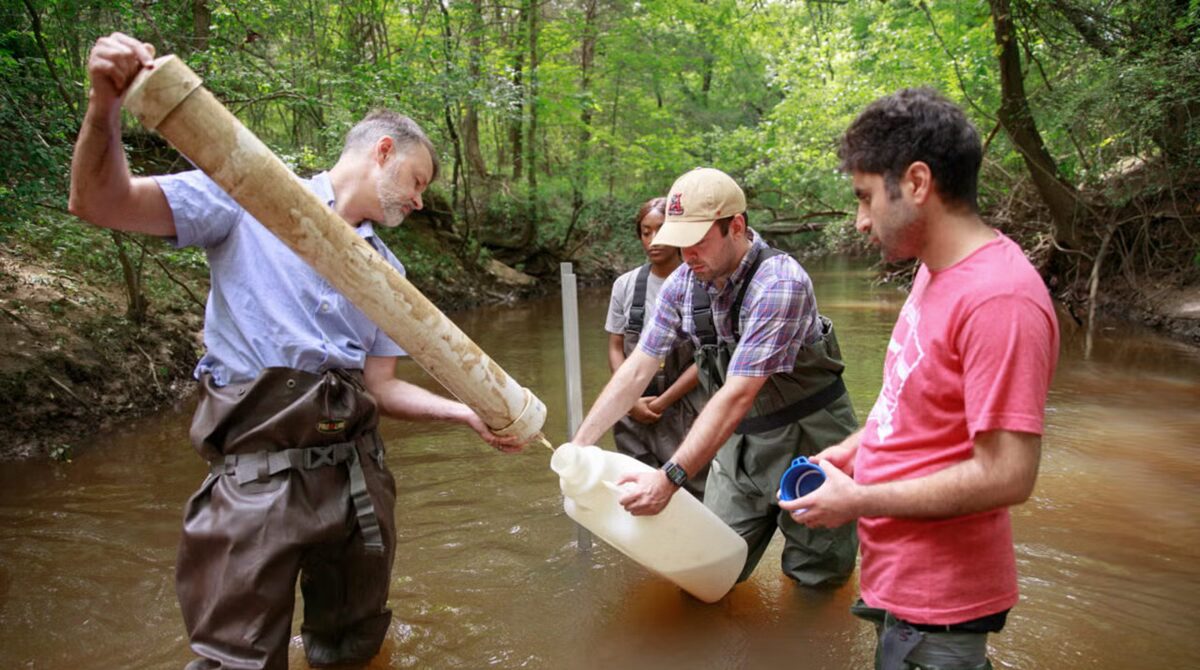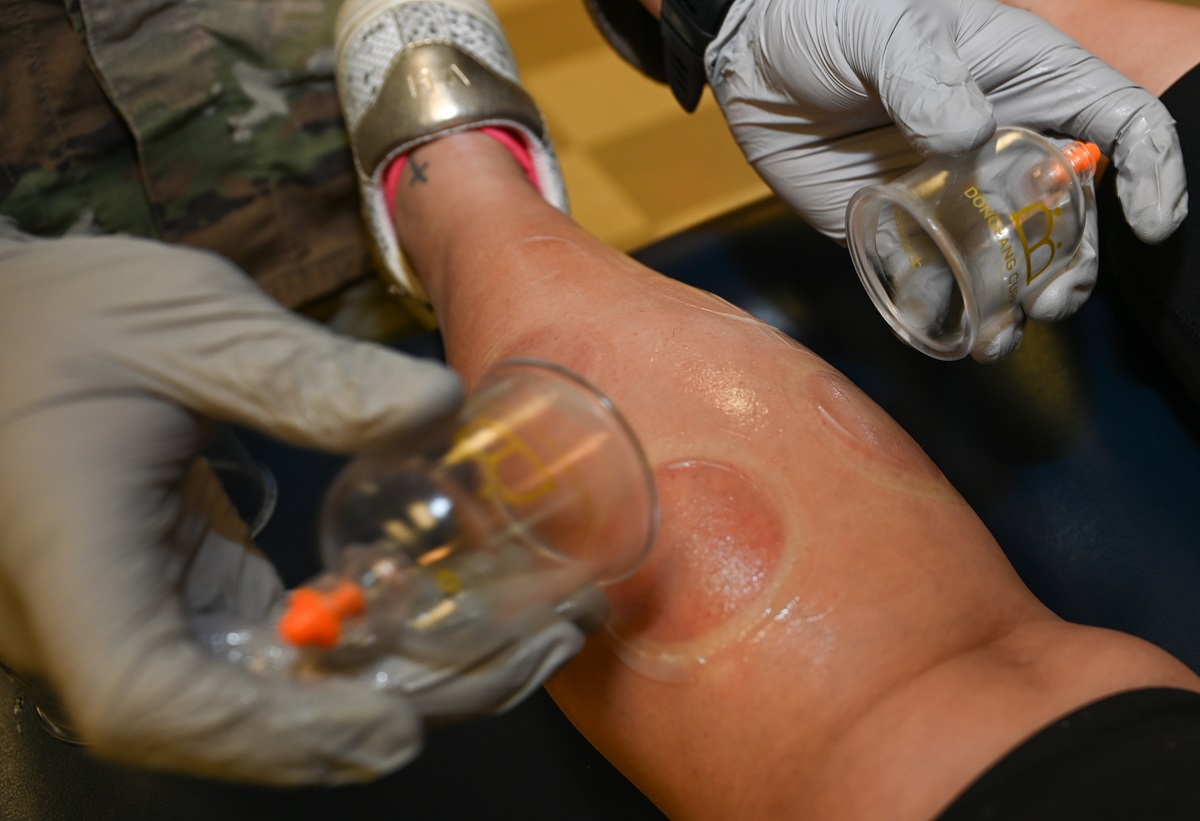Karlos Finley ensures the Mobile African-American Heritage Trail carries sister’s dream

 Dora Finley had a dream.
Dora Finley had a dream.
She had a dream the forgotten chapters of the African-American legacy in Mobile would be brought back to life. She had a dream the valuable history of her ancestors would be alive and well for generations to come.
She had a dream those who struggled to inspire others would be honored, and their legacy preserved.
Karlos Finley ensures the Mobile African–American Heritage Trail carries sister’s dream from Alabama NewsCenter on Vimeo.
Her brother, Karlos Finley, carried the torch after her death to keep those hopes alive through the development of the Mobile African-American Heritage Trail. The foundation provides history-telling markers in front of homes, churches and businesses that contributed to the common good in the south Alabama city.

Karlos Finley ensures the Mobile African–American Heritage Trail carries sister’s dream.
“These are the giants upon whose shoulders we all stand and they deserve that recognition,” Finley said.
He told about his mission sitting in his law office on Government Street. When the foundation topic came up, his vitality and passion came alive.
“The Dora Franklin Finley African-American Heritage Trail is an organization started 10 years ago by my sister, Dora Franklin Finley,” he said. “It commemorates African-Americans in the city of Mobile who have made significant contributions to our community. It ensures that those heroes do not go unsung, and that everyone is recognized for their contributions.”
The tour has more than 40 stops including Hank Aaron’s playground and park, Basilica of the Immaculate Conception, Creole firehouse No. 1, Fort Conde, Dr. James A. Franklin’s house, National African-American Heritage Archives and Museum, Leroy “Satchel” Paige homesite, and a slave market.
“My sister did this because she realized there were not any markers recognizing the significant contributions that African-Americans have made to the city of Mobile. She wanted to make a change that would impact future lives,” Finley said.
The Dora Franklin Finley African-American Heritage Trail educates visitors about the early “Creoles de Color,” the last slave ship to enter the U.S. in 1860, and freed blacks who worshipped in historic churches. It also tells about the desegregation of Mobile’s schools, work places and public spaces.
“My sister had a passion for history and legacy, which came from my mother who was a history teacher,” Finley said. “She took this project on in 2006 when she unveiled the first markers of the African-American Heritage Trail. These were African-Americans who were thriving despite living in a Jim Crow South. They were, in essence, making contributions to this community while going through tough circumstances.”
The website of the foundation includes this quote: “You can’t know where you are going until you know where you’ve been.”
According to Karlos Finley, knowing where ”Mobile’s African-Americans have been” is now easily accessible.
Dora Finley’s dream did come true.
Alabama Bright Lights captures the stories, through words, pictures and video, of some of our state’s brightest lights who are working to make Alabama an even better place to live, work and play. Award-winning photojournalist Karim Shamsi-Basha tells their inspiring stories. Email him comments, as well as suggestions on people to profile, at karimshamsibasha@gmail.com.










